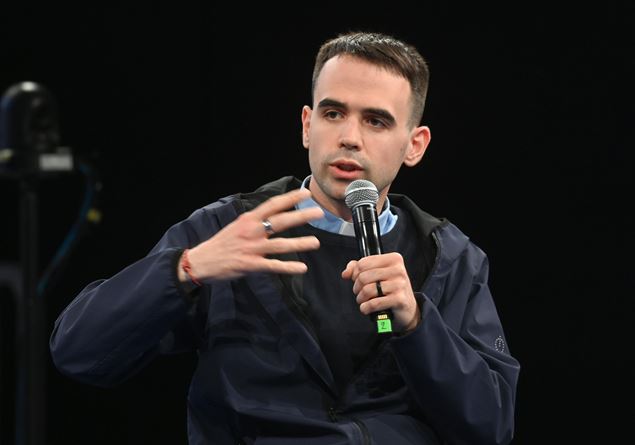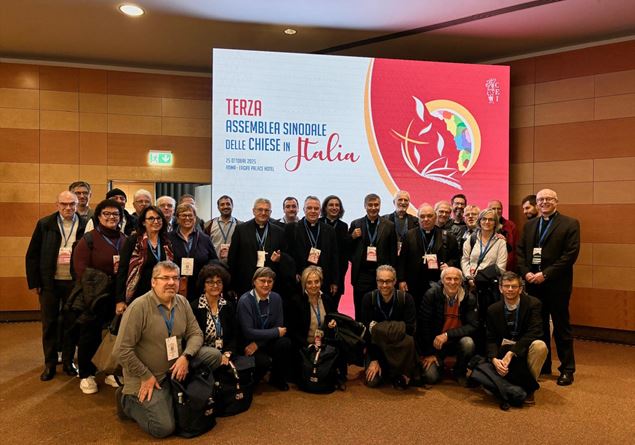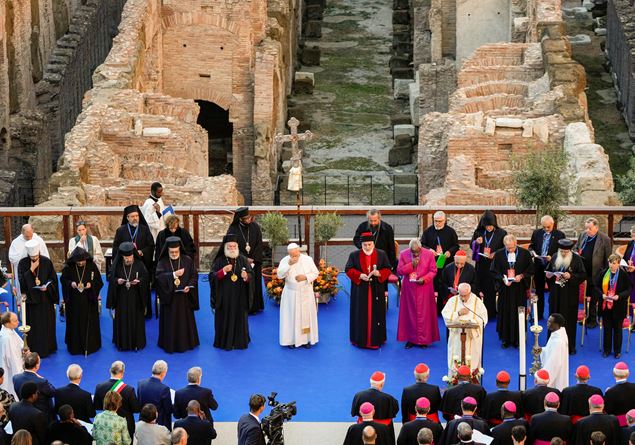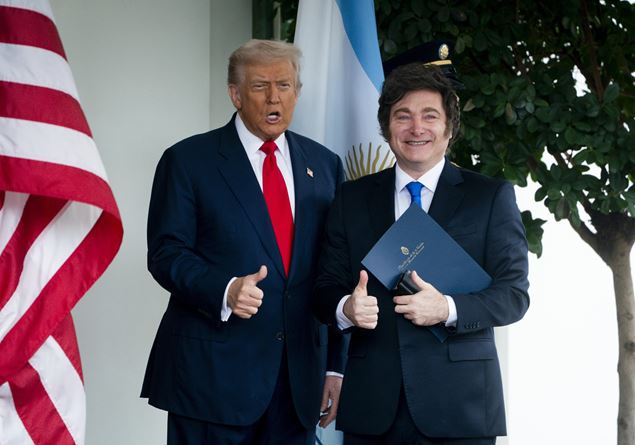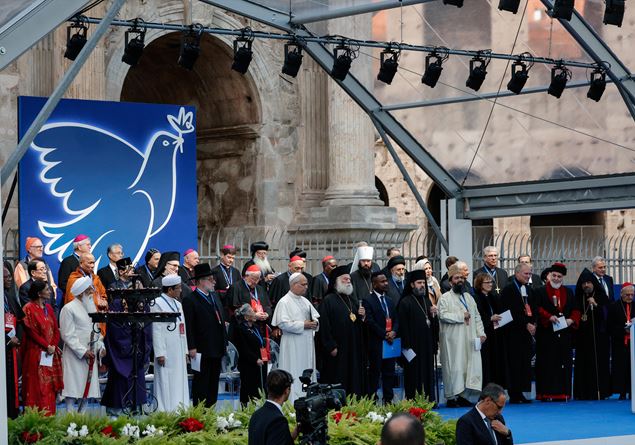by Ludovico Bianchi
Javier Milei’s legislative victory marks a new chapter in Argentine history: a country exhausted by inflation and corruption chooses to remain on the path of radical liberalism, and to tighten its ties with Donald Trump’s United States even more. From Patagonia to the Pampas, voters have confirmed their trust in the president who promises to “change everything”. In Washington, the White House hailed the result as its own victory. Treasury Secretary Scott Bessent wrote in X that “these results are a clear example that the policy of peace through economic strength is working.” Just a few weeks ago he announced a $20 billion aid package to support Argentina. And Trump, traveling in Asia, commented: «He owes us a lot. We are consolidating our grip on South America.”
For Milei, a self-taught libertarian and protagonist of one of the most radical economic reforms on the continent, the vote was an unexpected breath of fresh air, given that Argentina had fallen back into the economic crisis in which it has been struggling for at least a decade. In a climate marked by financial tensions and internal scandals, the president has managed to overturn the predictions. The markets reacted enthusiastically: the peso has stabilized, government bonds have gained ground and international confidence seems, for now, to be returning. The success, analysts explain, is also the result of American intervention. The US aid package prevented the peso from collapsing and allowed Milei to get through the election campaign without an economic meltdown. It is difficult to imagine a similar outcome without Milei’s visit to Washington. During his victory speech in Buenos Aires, Milei claimed the mandate to continue his plan of “creative destruction” of the state: «Argentinians do not want to return to the past. There are many more who want to move forward than those who want to go back,” he said.
In almost two years of government, Milei reduced public spending by 30%, cut 55,000 positions in the state sector and reduced ministries from 19 to 9. Argentina thus recorded its first budget surplus in 14 years. His party obtained over 40% of the votes and, with the new seats, will be able to avoid having its measures blocked by Parliament. It was a ruthless election campaign. Milei attacked left-wing opponents as “kukas”, “cockroaches”, and presented his capitalism as the antidote to decades of Peronist populism. He contrasted his friendship with Washington with past alliances with Caracas and Havana.
Many Argentines, tired of prices that change from day to day, of goods that cost a certain price in the morning and another in the evening in the supermarket, have renewed their trust in him despite the sacrifices. But not everyone believes in the liberal miracle. People voted out of fear, political observers say. Milei’s bet remains high risk. Inflation, although slowing, remains among the highest in the world. The economy has stopped, and a third of Argentines continue to live below the poverty line. However, the president is looking ahead: he promises a “second generation of reforms”, with a broad overhaul of the tax and labor system, to make it easier to hire and fire and reduce the tax burden. A message that sounds both like a promise and a challenge: Milei’s Argentina is all about American trust.

